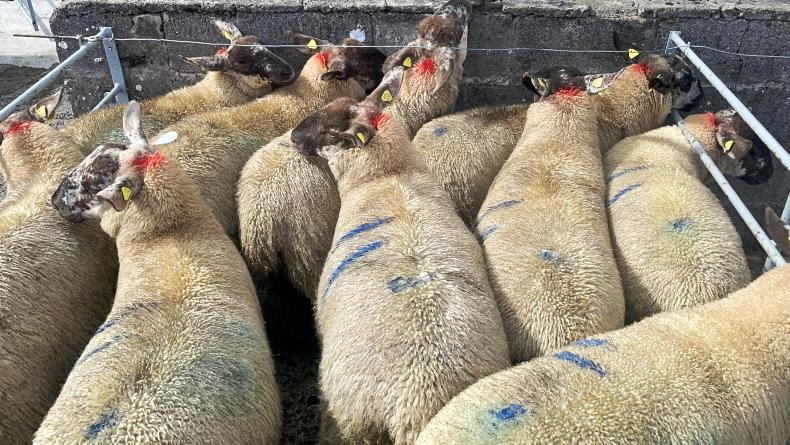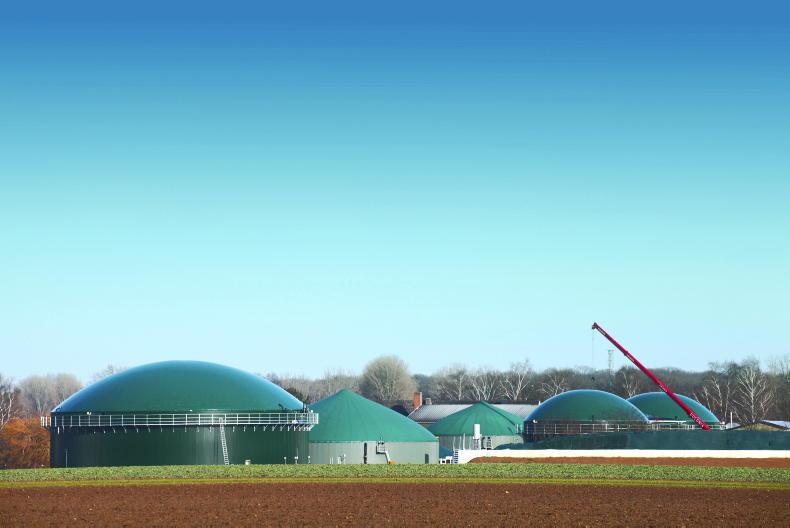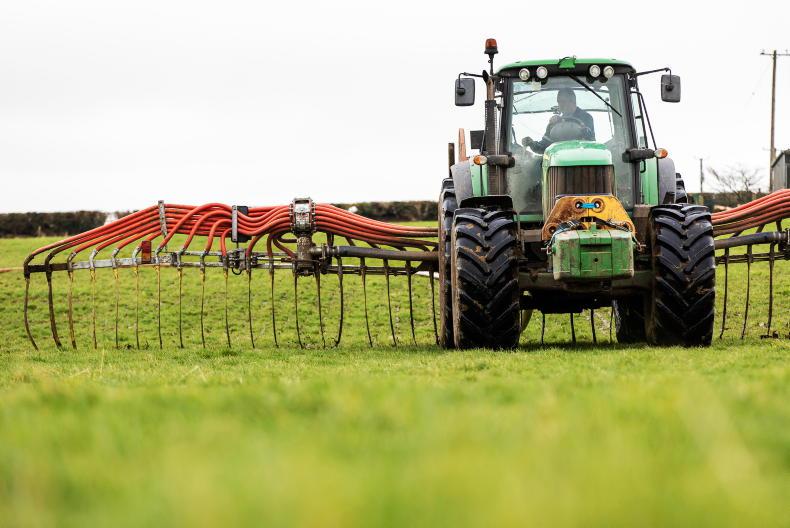Minister Eamon Ryan has done a U-turn on controversial proposals which would have given imported renewable fuels a competitive advantage over indigenous biofuels. Since 2010, Irish fuel suppliers to the transport sector have been required to blend a proportion of biofuel into all road transport fuels. Under this biofuels obligation scheme, ethanol was typically blended with petrol, while biodiesel was blended with diesel to meet the obligation.
Newer fuels, such as hydrotreated vegetable oil (HVO), which can be blended with diesel, and biomethane, have grown in popularity over recent years. There are a number of Irish companies producing and importing these biofuels to meet the obligation.
However, under new rules proposed by Minister Eamon Ryan, HVO would have gained a significant competitive advantage over biodiesel, threatening the viability of Irish biodiesel producers.
Biofuel blending
Since its introduction, this obligation has been crucial in helping to decarbonise transport fuels. In 2021, the blend rate was around 15%.
This rate is set to increase to 20% by 2030 under a revised biofuels obligation scheme, renamed the Renewable Transport Fuels Regulations. Despite this increase in ambition, the new rules spell trouble for Ireland’s biodiesel producers.
Tallow-based biodiesel
Biodiesel can be made from vegetable oil, animal tallow and used cooking oil, using a process called transesterification, which converts this feedstock into a liquid fuel similar to diesel. This can then be blended with fossil diesel to meet the obligation.. There are four biodiesel producers in Ireland producing around 200m litres each year. Three of these producers use tallow as their primary feedstock, see Table 1.
HVO is a form of renewable diesel made by the hydrocracking or hydrogenation of vegetable oil. HVO can be used as a replacement fuel in higher concentrations than other biodiesel without causing technical issues. HVO has been growing in popularity in Ireland over the years but is entirely imported.
Minister Eamon Ryan’s original proposal for the new scheme gave an enhanced multiplier to HVO over Irish-produced biodiesel. HVO was set to receive three certificates, while biodiesel was set to continue to receive two certificates when used, putting HVO at a competitive advantage. However, the new scheme, which was signed off by the Minister on Tuesday, will give both HVO and the biodiesel produced from tallow the same amount of certificates, putting the two fuels on a level playing field.
According to a statement from Minister Ryan’s department, “This policy needs to ensure that sustainable Irish production is not put at a competitive disadvantage and that Ireland does not become entirely reliant on imported biofuels in the future.
Criticism
The original proposals were met with strong criticism from the industry. Seán Finan, CEO of the Irish Bioenergy Association appealed to Minister Ryan not to proceed with the signing of the regulation.
“Why would the Government give an extra multiplier to imported HVO, which would be detrimental, give an unfair advantage, and discriminate against Irish biodiesel production?” he said.
If the new regulation is implemented, Ireland would be the first country in Europe to discriminate against biodiesel in favour of imported fuels, Finan said.
“How can Minister Ryan stand over the destruction of a sustainable and indigenous biofuel industry, and is he fully aware of the implications of signing the regulations?” concluded Finan.
James Cogan, Industry and Policy Adviser at biofuel producer ClonBio Group Ltd, said the additional multiplier for HVO absolutely must not be introduced.
“This multiplier will result in the destruction of indigenous supply chains for renewable energy, with corresponding losses of companies and jobs, and will deter future investment,” he said.
“It will result in more certificates being used, instead of real renewable energy, to comply with Ireland’s renewables obligation, getting us further away from real emissions reductions,” concluded Cogan.
The Federation of Irish Renderers also criticised the HVO multiplier. “The introduction of a renewable certificate multiplier for HVO disadvantages tallow-based biodiesel, which is the only Irish outlet for category 1 tallow,” the group said in a statement.
“The indigenous rendering industry, and as a result agriculture, will be disadvantaged in favour of largely imported biofuels and we strongly urge that it is reconsidered,” the group said.
Certificates
In addition to HVO and biodiesel now being awarded the same number of certificates, biomethane gas will also be awarded additional certificates. However, it has been suggested that by giving an extra certificate to all biofuels, this would increase the supply of compliance certificates, so fuel companies could comply with a higher obligation using less actual biofuel.










SHARING OPTIONS